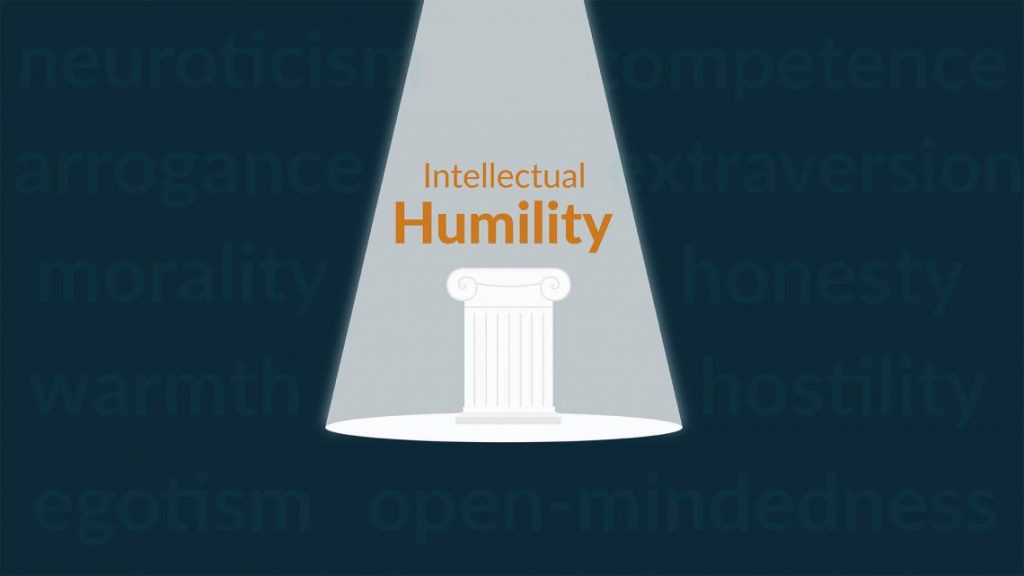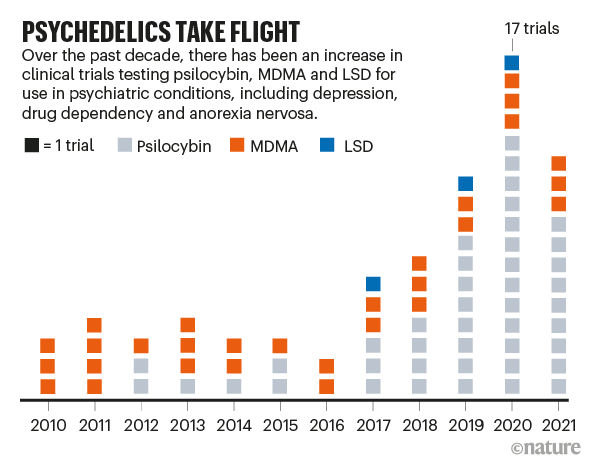Posts Tagged ‘psychedelic’
News on how the brain changes over time, how to clear foggy brains, how to multitask (or not), and more
Welcome to a new edition of SharpBrains’ e‑newsletter, featuring timely brain & mental health news and a fun brain teaser to test the limits of multi-tasking. #1. Collaborative neuroimaging initiative BrainChart helps chart how brains change across the lifespan. Among the many fascinating findings: “The volume of grey matter (brain cells) increases rapidly from mid-gestation…
Read MoreCould I be wrong? Exploring cognitive bias, curiosity, intellectual humility, and lifelong learning
Welcome to a new edition of SharpBrains’ e‑newsletter, featuring eight timely scientific and industry news plus a few fun teasers to appreciate our unique human brains. #1. Could I be wrong? Exploring research on cognitive bias, curiosity, intellectual humility, and lifelong learning “None of us thinks that our beliefs and attitudes are incorrect; if we…
Read MoreFDA-approved, Cybin-sponsored clinicial trial to measure ketamine’s impact on the brain via Kernel Flow neuroimaging helmet
Kernel’s Brain-Imaging Helmet Approved For Clinical Trial On Patients Using Ketamine (Forbes): The U.S. Food and Drug Administration has approved a clinical trial using a neuroimaging helmet made by Los Angeles-based Kernel to track what happens in the brain when a human takes a psychedelic dose of ketamine.
Read MoreNext: Psychedelic-assisted psychotherapy?
How ecstasy and psilocybin are shaking up psychiatry (Nature): … The Imperial study was one of a spate of clinical trials launched over the past few years using illicit psychedelic drugs such as psilocybin, lysergic acid diethylamide (LSD) and MDMA (3,4‑methylenedioxymethamphetamine, also known as molly or ecstasy) to treat mental-health disorders, generally with the close…
Read MoreStudy: Psychedelics can promote neural plasticity in the prefrontal cortex and expand pathways for mental health
Psychedelics in Neurology: Potential for Improving Neuroplasticity (NeurologyTimes): “Back in the 1950s, research was proving that psychedelic agents could be effective in the treatment of various neuropsychiatric disorders. Unfortunately, just as science was exploring their beneficial effects, the counterculture was exploring and embracing their effects. Slowly but surely, psychedelics were associated with rebellious youth and…
Read More




